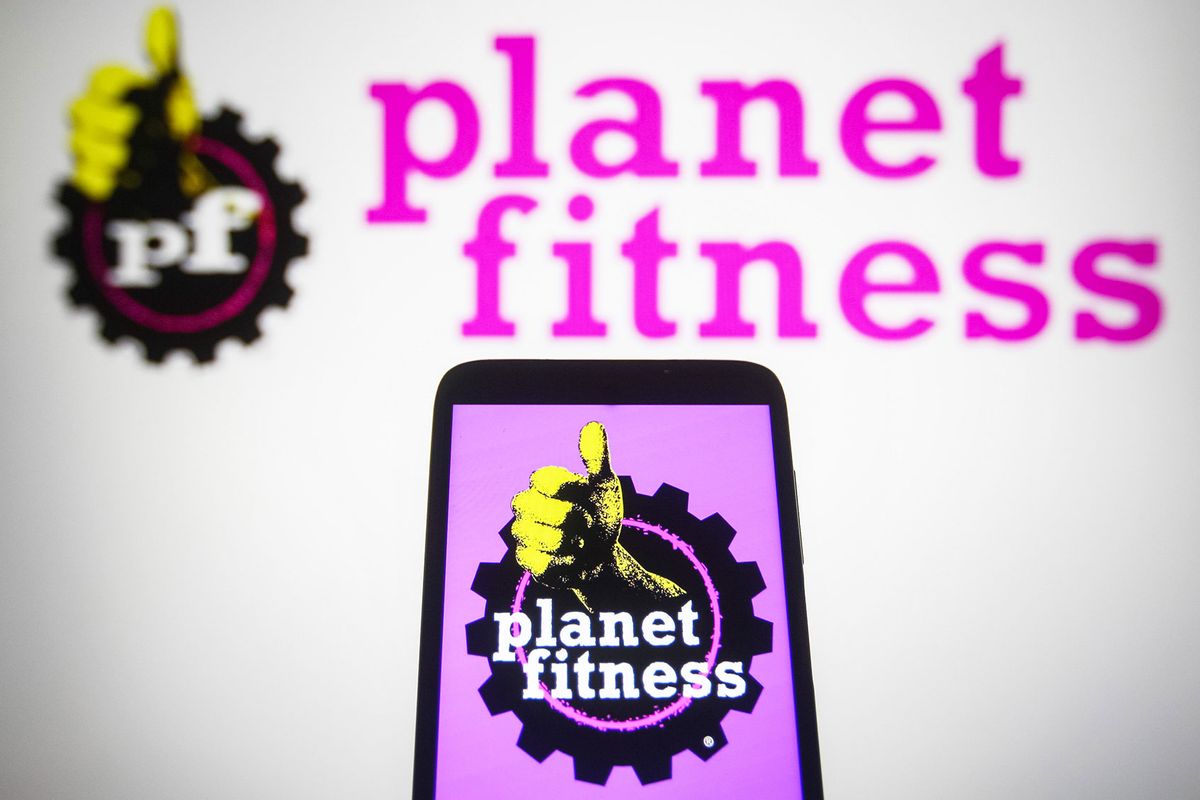The Federal Trade Commission on Wednesday finalized a rule that requires businesses to make it easier for people to cancel unwanted subscriptions and memberships.
The "click to cancel" policy says that if customers signed up online, they must also be able to cancel online without additional steps, media outlets reported.
The rule also prohibits businesses from misleading people about subscriptions and requires them to obtain consent before charging for memberships, auto-renewals and programs linked to free trial offers, The Associated Press reported. Businesses will also need to tell consumers when free trials or other promotional offers will end.
“Too often, businesses make people jump through endless hoops just to cancel a subscription,” FTC Chair Lina Khan said in a statement. “The FTC’s rule will end these tricks and traps, saving Americans time and money. Nobody should be stuck paying for a service they no longer want.”
The Biden administration had said in August it was advancing the proposed rule, announced last year.
FTC commissioners voted 3-2 to approve it. The agency said most portions would take effect 180 days after it is published in the Federal Register.
After the rule was finalized, Planet Fitness was trending on social media. The gym franchise doesn't allow members to cancel over the phone or online.
The new rule received more than 16,000 comments from consumers, consumer advocacy groups and trade associations, the AP reported.
The U.S. Chamber of Commerce has said it would micromanage business practices and lead to higher costs for consumers.
"Businesses succeed by being responsive to customers and have a far better track record of customer service, streamlined paperwork and prompt response times than the federal government," the business lobbying group said in a statement.



Shares